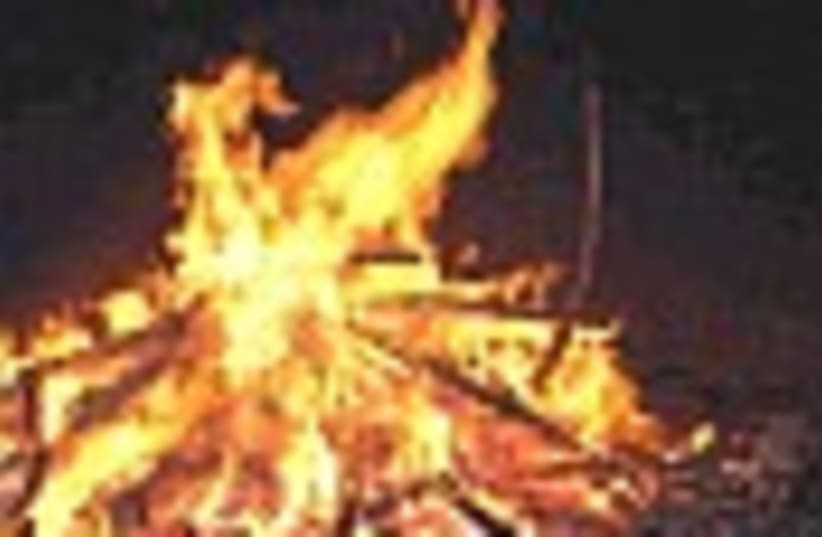| JPOST.COM HIT LIST | |
| JPost.com's most popular articles this past week |
The birth of Lag Ba'omer
The Zionist movement rehabilitated a failed messiah into Shimon Bar Kochba, rebel hero.


| JPOST.COM HIT LIST | |
| JPost.com's most popular articles this past week |